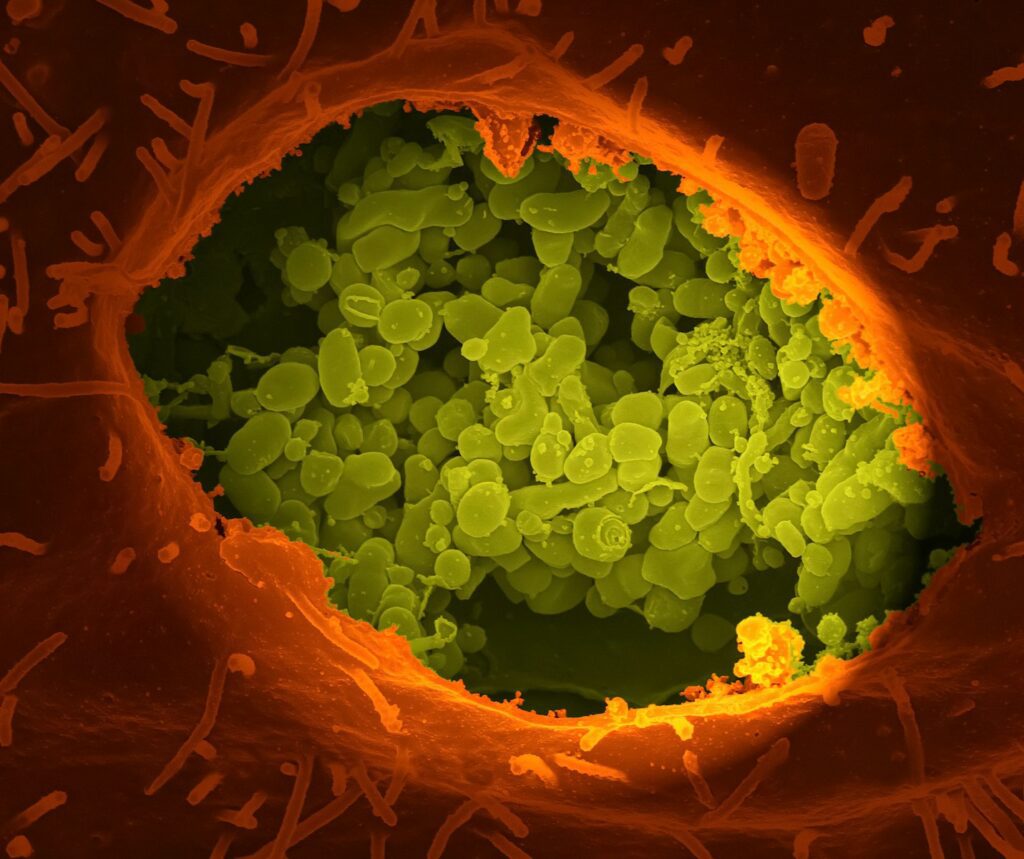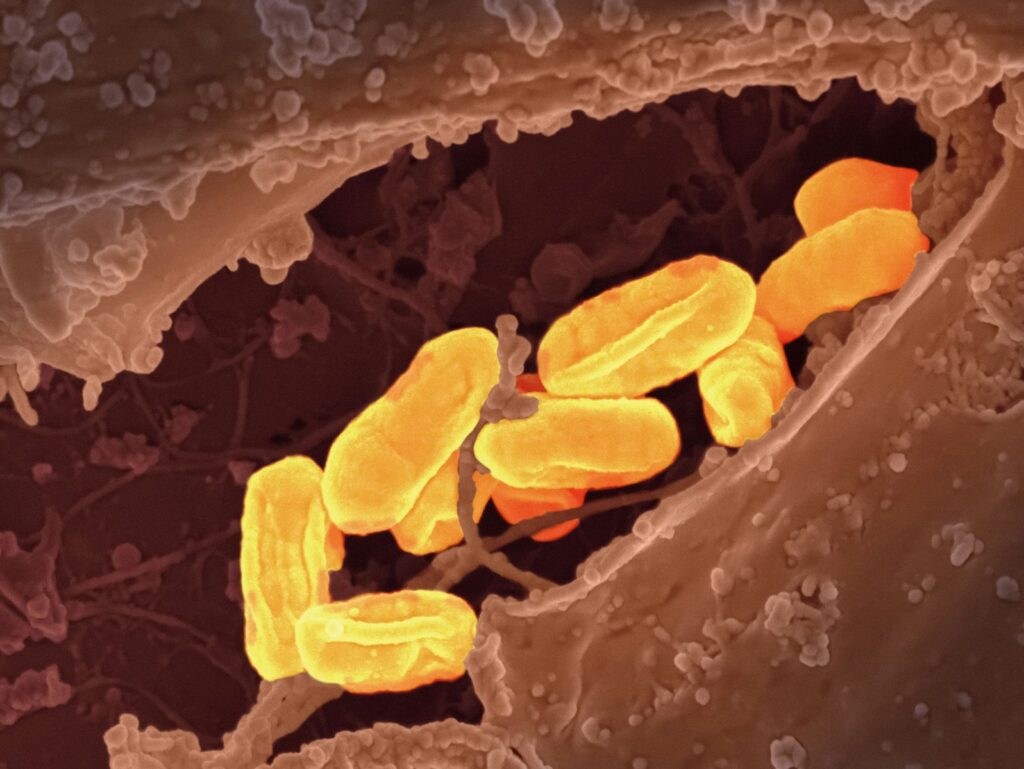This Post Contains Affiliate Links. Please Read Our Disclosure for Full Information.
Hey love 💖—I know this isn’t the usual glow-up content we vibe with, but let’s get serious for a sec. Sometimes your body throws out subtle little SOS signs that something’s not right—and being aware can literally save your life.

We all know the basic stuff—lumps, sudden weight loss, blah blah—but today we’re spilling the tea on the less obvious, kinda weird signs that could point to cancer (or something else you shouldn’t ignore).
👉 Note: This post isn’t meant to scare you—it’s to EMPOWER you to listen to your body and always get things checked out when something feels off. Let’s go, bestie. 🩷
🚽 1. Constant Bloating
Girl, if you’re bloated ALL the time (like, leggings-only life), it could be more than just food baby vibes. Persistent bloating—especially with pelvic discomfort—might signal ovarian or gastrointestinal cancer.
✅ Don’t panic, but do get it checked. Gut health matters!
👉 Shop Gut-Friendly Probiotics

🩸 2. Random Bleeding
Unexplained bleeding—whether it’s spotting between periods, coughing up blood, or blood in urine or stools—needs immediate attention. It could signal cervical, lung, bladder, or colon cancer.
👉 Get Organic Sanitary Pads
😴 3. Chronic Fatigue That Won’t Quit
If you’re bone-tired 24/7, even after sleep, it could be a red flag for leukemia, colon, or stomach cancers. Trust your energy levels—they’re telling you something.
👉 Shop Natural Energy Supplements
🌡️ 4. Persistent Low-Grade Fever
If you’re running a weird little fever on and off with no infection in sight, your immune system could be reacting to something serious—like blood cancers or lymphomas.
👉 Shop Digital Thermometers

😬 5. Difficulty Swallowing
Constant throat tightness, coughing, or trouble swallowing could be linked to esophageal, throat, or lung cancer. If it sticks around, please get it checked, babe.
👉 Shop Soothing Herbal Teas
🦷 6. Sores That Won’t Heal
Mouth sores, skin wounds, or ulcers that just refuse to go away could be a sign of skin cancer or oral cancer. Our bodies are pretty good at healing—so if it lingers, don’t ignore it.
👉 Get Natural Healing Balms
🧑🦲 7. Unexplained Weight Loss
Okay, we all want to drop a few pounds sometimes—but rapid, unexplained weight loss can signal several types of cancer (like stomach, pancreatic, or lung).
👉 Shop Protein Shakes for Healthy Weight
🦵 8. Swollen Lymph Nodes
Lymph nodes (those little bumps in your neck, armpits, or groin) help fight infection. If they’re swollen and stay that way, it could mean lymphoma or leukemia.
👉 Get Immune-Boosting Herbal Teas

💨 9. Shortness of Breath
Sudden or unexplained shortness of breath can be linked to lung or heart-related cancers. If you’re winded after simple activities—don’t brush it off.
👉 Shop Breathing Support Supplements
😖 10. Persistent Indigestion or Heartburn
If you’re dealing with constant indigestion, reflux, or stomach issues, it could be a warning sign for esophageal or stomach cancer. Don’t normalize daily discomfort, bestie!
👉 Shop Natural Digestive Enzymes
💖 Final Thought:
Babe, this post isn’t meant to freak you out—it’s to help you listen to your body and take action when something feels off. Early detection can be life-changing, so if you’re noticing any of these signs, please see a doc. Don’t wait. Don’t second guess.
You deserve to be happy, healthy, and thriving—always. 💕
xoxo,
Serenity Talks
We are giving it for free to our users
Get 7 Free Digital Planner
The Bundle Includes -
Daily Planner, Weekly Planner, Monthly Planner, Self Care Planner, Daily Reflection, Goal and Habit Tracker, Gratitude Journal and Budget Tracker

